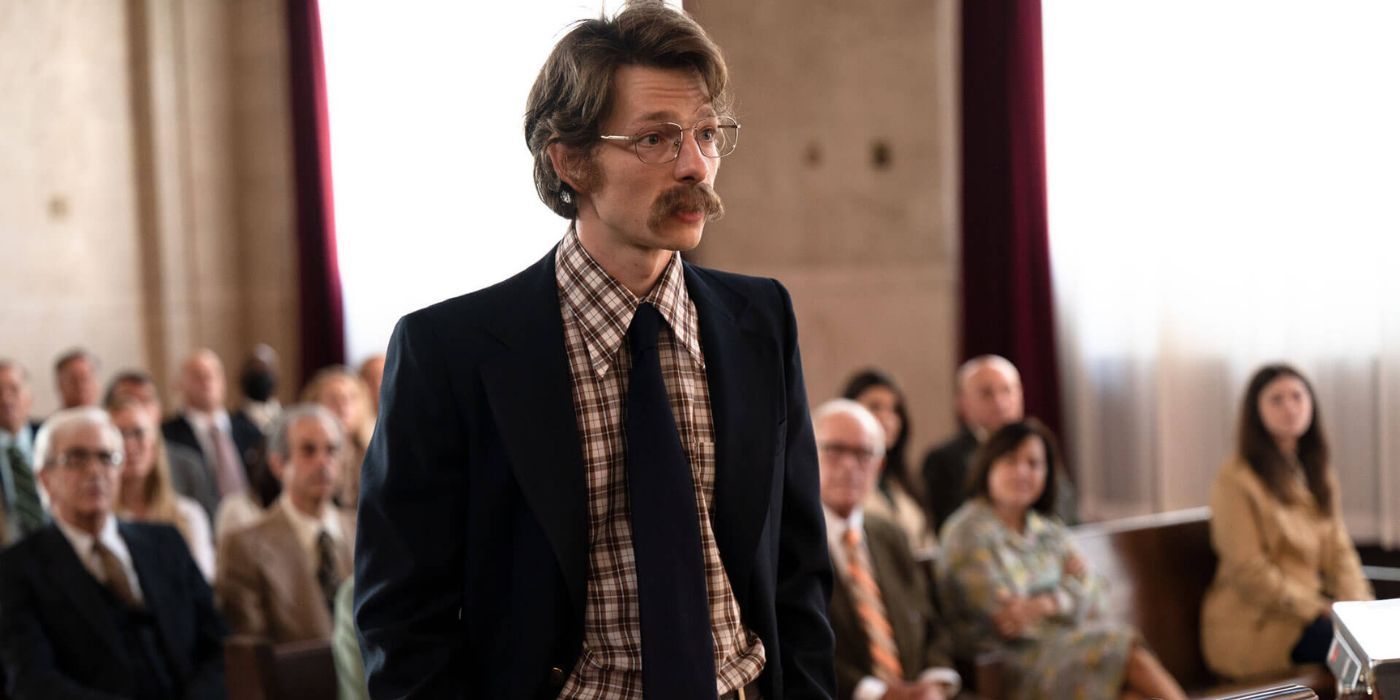Pinball: The Man Who Saved the Game
Pinball: The Man Who Saved the Game: Unsung heroes in our everyday lives
The 2022 film Pinball: The Man Who Saved the Game is by no means a major blockbuster, but I’d say it’s the kind of film you stumble upon and fall in love with unexpectedly. Pinball follows the story of Roger Sharpe, a young journalist from Chicago working in New York for GQ magazine, who has a great love of pinball. When he discovers pinball’s been criminalised in New York, he’s devastated, and wants to use his skills as a writer to educate people on the game’s intricacies - it’s engineering, it’s design, and so on. Roger’s work on pinball was instrumental in its decriminalisation, which on paper seems like a bizarre but wonderful life legacy, but alongside this achievement, Pinball is also a story about Roger and his life. Roger meets and falls in love with his wife Ellen (and her son Seth), and tackles the complicated emotions around those relationships, building a family together, whilst his love for pinball endures. The film celebrates the unusual passions of everyday people, and the people who help us achieve great things. Roger saves pinball but more importantly he builds a life for himself that is worth living, full of love and joy.
With the film being a mockumentary-style biopic, there’s an element of predetermination at work here. Anyone can Google Roger Sharpe and find out about him, his work with pinball, and his family, and indeed I’ve just told you the story in brief synopsis, but, as with any good story, you might know what’s going to happen, but you still want to follow the story because you become invested in the characters and their lives. Pinball has what seems like a whimsical and light-hearted subject driving the narrative, but it’s also a story with real depth of emotion and meaning without sacrificing the light-hearted playfulness at its core. And I think it’s also important to remember that stories don’t always have to be sad or even bittersweet to have real resonance in our lives. We can all benefit from the escapism of a nostalgic 1970s biopic with a happy ending.
And yes, the film tackles some genuinely serious and quite difficult issues relating to human relationships. True enough, this is because these are major features of the real Roger Sharpe’s life and therefore the film would be doing him a disservice by omitting or underplaying those relationships. It’s truly effective as a part of the narrative, though, because amidst the comedy and semi-seriousness of the fight to save pinball, we have these constant reminders that Roger is a man whose life is more than just a legal battle over an arcade game. In fact, the fight to save pinball isn’t really even the most important part of this story, in my opinion. What those difficult topics and complicated relationships remind us is that whilst Roger’s life has an extraordinary legacy, it’s also just a life, and all these experiences and relationships and interactions are what really make that life extraordinary.
Pinball is also not afraid of tackling the messiness of those relationships head-on. Romance is always a complicated and often volatile part of life, where vulnerability can make life feel both disturbingly unstable and indescribably renewed. Parenthood (particularly step-parenthood) is also difficult to navigate, especially with teenagers, as in Roger’s of his medium-sized stepson. Roger’s journey through these relationships is certainly not easy, and there are times when mistakes are made, and disagreements, misunderstandings and miscommunications happen, but ultimately those issues are part of the process. Roger learns something more about himself and his loved ones with every mishap. It’s obviously not perfect, and it’s definitely a work in progress, but it’s worth working on. Roger’s personal relationships and how he tackles their challenges work alongside his pinball work, and both those things are important to Roger as a rounded individual. In fact, Roger’s relationships and the conversations he has with other people influence the way he approaches his pinball projects: as he’s learning from the people in his life, Roger is simultaneously building his pinball legacy.
And so Pinball is a story about a man called Roger Sharpe who happened to be pivotal in the decriminalisation of pinball in New York City. But of course, as we’ve discovered, that man is not just a chess piece in the great game, he’s an individual in his own right, and his life experiences are important to his legacy. Of course they are! Roger might never have been able to save pinball if not for the people around him supporting his passion for writing and journalism, helping him to produce manuscripts, inspiring him, encouraging him to stick with his projects and be confident in his abilities. Not everyone gets a film made about their passion for pinball, but everyone has passions, like Roger’s, that are the stuff that someone’s dreams are made of.




Comments
Post a Comment